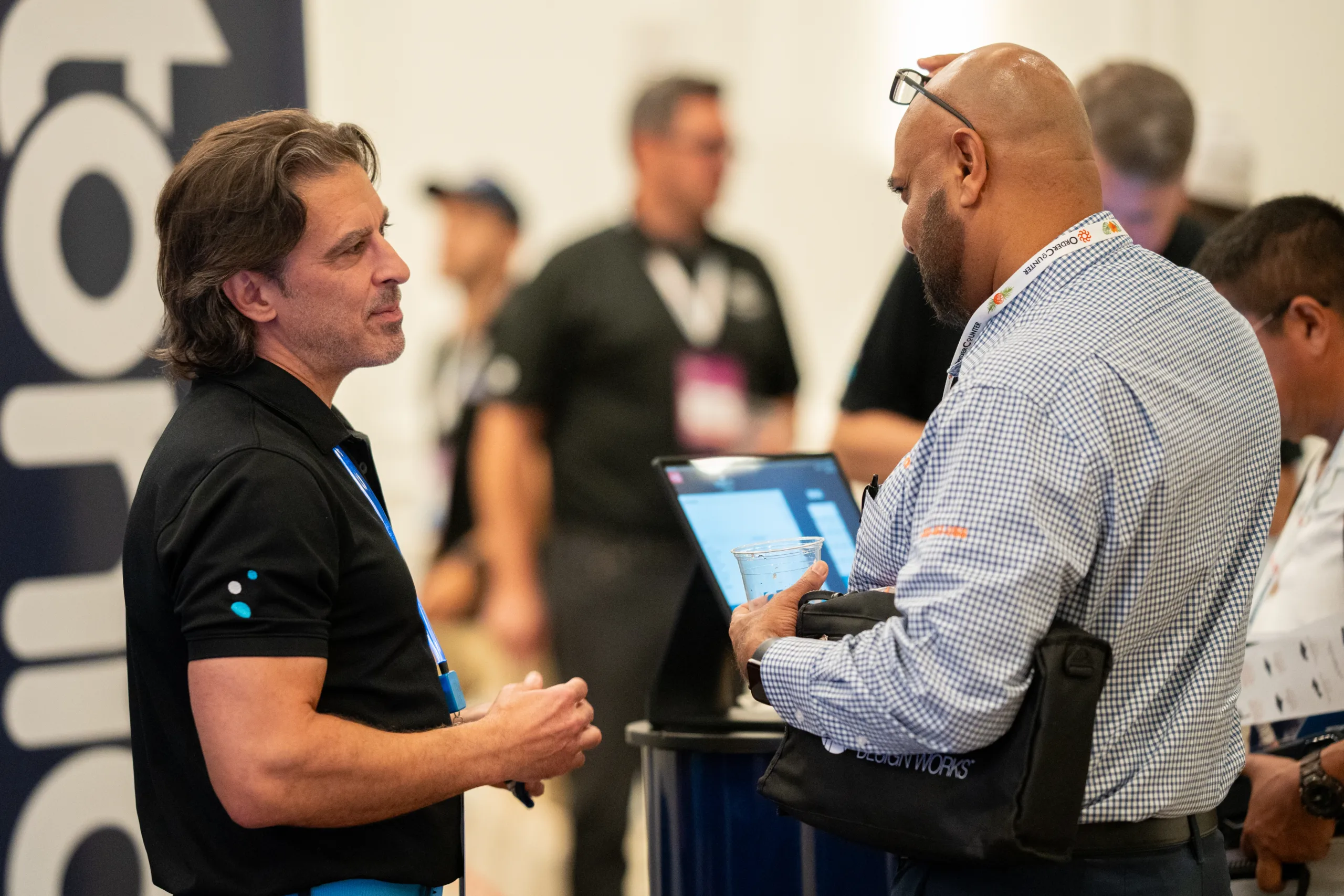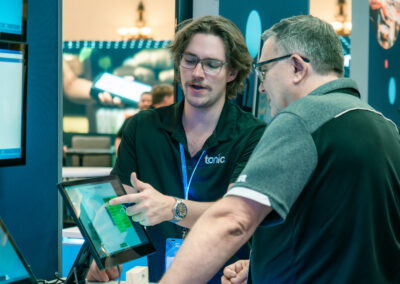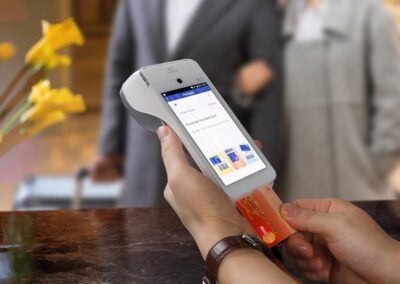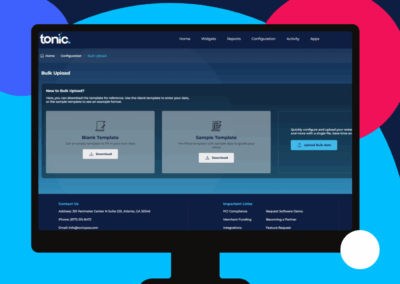It’s no secret that private equity-backed consolidation is reshaping the competitive point-of-sale terrain. Large firms are buying up smaller POS companies, building national brands, and streamlining operations to dominate the market. For many value-added resellers (VARs), that consolidation can feel like a looming threat, but it doesn’t have to be.
If you’re a Tonic partner, you already have tools in your corner that the bigger players simply can’t replicate. Let’s break down how to position yourself and Tonic effectively when selling against PE-backed POS giants.
1. Lean into Local Relationships
Big-box POS companies may have a recognizable name, but they often fall short on service. When support tickets are routed through overseas call centers, or responses take days, it leaves merchants frustrated and unsupported. Tonic’s partner model flips that narrative.
As a Tonic VAR, you’re not just selling software; you’re bringing local, boots-on-the-ground support to the table. You know your territory. You understand your restaurant owners. You’re able to walk into a location, offer hands-on training, and solve problems quickly and personally. That proximity is a huge advantage, especially when national brands are stretching their resources thin.
2. Customize, Don’t Conform
PE-backed companies thrive on standardization. That often means rigid setups, limited customization, and templated onboarding processes. Restaurants, especially independent or multi-location concepts, don’t want a cookie-cutter solution. They want a system that works the way they do.
Tonic was designed to be flexible, so you can tailor implementations to each merchant’s real-world needs. From integrating with scheduling and payroll platforms like 7shifts to offering flexible payment models like dual pricing, you can offer real operational value, not just software.
3. Simplify the Experience for Merchants
National players often introduce complexity under the guise of “enterprise-grade solutions.” But independent restaurants don’t need or want 10 dashboards and a three-month onboarding timeline.
Tonic is built for usability. The Back Office is intuitive. Menu updates are fast. Tip adjustments can be done in batches with just a few clicks. Whether it’s quick-service, fine dining, or a hybrid bar and event space, the platform is designed to save staff time and reduce operational headaches. Your merchants won’t need to “learn the system”; they’ll just use it.
4. Highlight Long-Term Trust over Short-Term Valuation
PE-backed companies are often focused on growth-at-all-costs. That means shifting priorities, leadership turnover, and pricing changes driven by investor returns. Restaurateurs feel those changes, and they notice when support gets cut or fees go up.
Tonic is owned and operated by people who understand this industry from the inside. Our growth comes from strong partner relationships, not venture-backed mandates. When you sell Tonic, you’re offering something with long-term stability and values that align with independent business owners.
Final Thought: Sell the Relationship, Not Just the System
In the face of consolidation, VARs have to be more than just a sales channel. You’re a trusted consultant, a problem solver, and in many cases, an extension of your merchant’s team. That’s something PE-backed giants can’t replicate with scale.
When you sell Tonic, you’re not fighting size with size, you’re winning with service, flexibility, and a model designed to keep VARs in the driver’s seat.
Want help framing your pitch against a national competitor? Let’s talk strategy. Our team is always here to support you.






